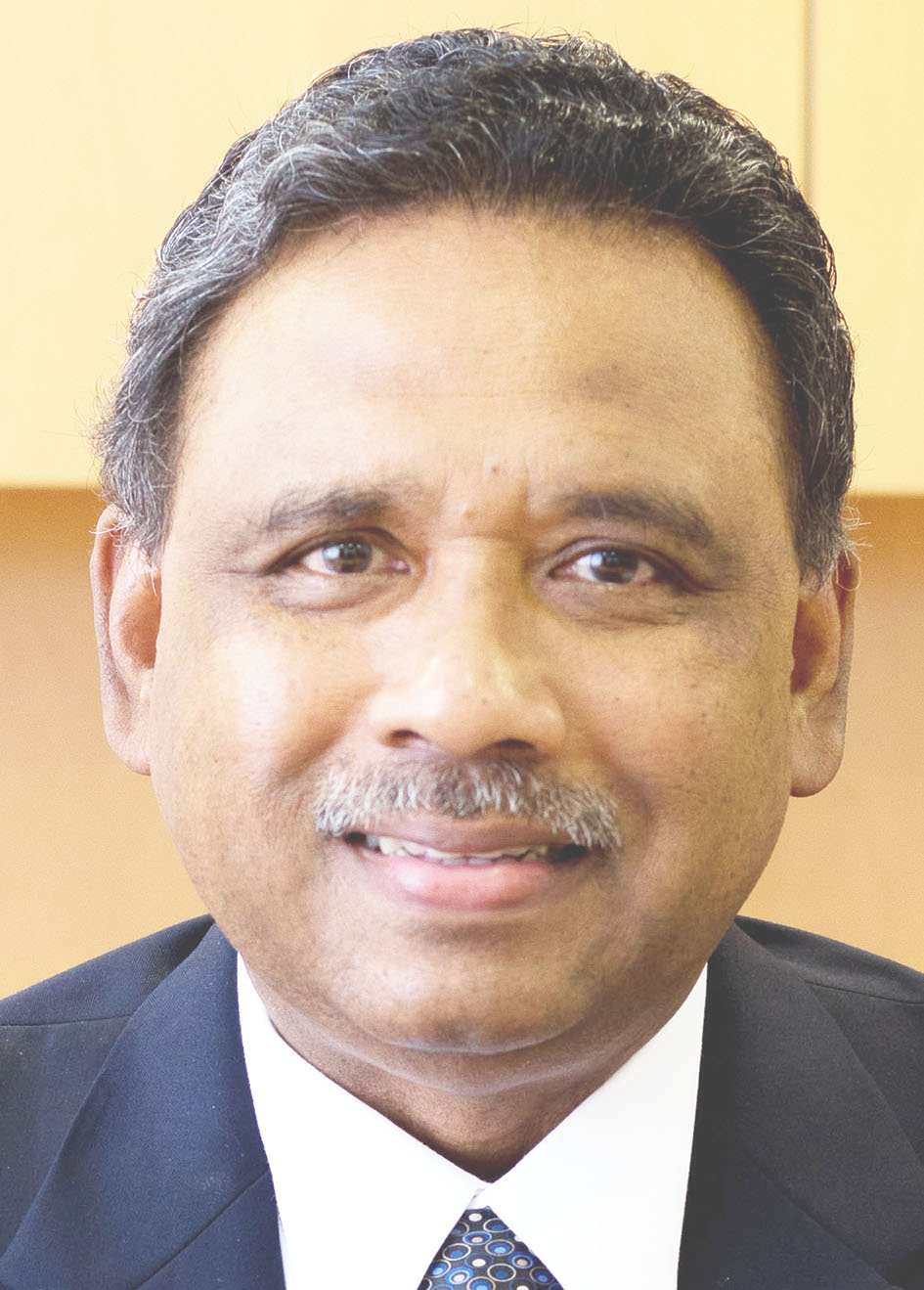With the country’s more than 100 years of experience in the oil and gas industry the prospects for Trinidad and Tobago making a meaningful contribution to the building of a strong oil and gas base in Guyana are “considerable,” according to retired Chairman of the Republic Bank group David Dulal-Whiteway.
“I think that the prospects for a meaningful relationship between the two countries as Guyana moves in that direction are great,” the Trinidad and Tobago national told the Stabroek Business during an exclusive interview just over a week ago. “There is no reason why all of the various skills that have been developed in Trinidad and Tobago over the years cannot be brought together to benefit Guyana,” Dulal-Whiteway told the Stabroek Business even as he pointed out that the skills that had been developed to help build the oil and gas sector had now been widely dispersed and were now at the disposal of other oil-producing countries across the globe.
However, the retired banking executive says he believes that the real opportunities for Guyanese in the local oil and gas sector, in the immediate term, may repose much more in some of the important “peripheral activities” in the sector.
“While you may not be able to be a major player, when a platform is out there that in itself represents a huge business opportunity. People want food, they want water they want other services that can be provided right here in Guyana and which can lay the foundation for the setting up of new businesses here and for the creation of a number of additional jobs. Guyana needs to begin to get excited about those spinoffs,” Dulal-Whiteway told the Stabroek Business.
And according to the former banking executive it may well be that there is need for a symposium in Guyana at this time “where we can thoroughly examine the value chain – from oil production to refining and export to determine what the spinoffs are and how Guyana as a country can benefit from these.”
It is here, Dulal-Whiteway believes, that Trinidad and Tobago can be of considerable help to Guyana as the 2020 dateline for the commencement of oil exploitation draws closer.
Dulal-Whiteway told Stabroek Business that he believes that prospects exist for “joint ventures in several local content areas since there are experienced companies in Trinidad and Tobago that possess many of the skills based on years of experience. “If you go in that direction you get the skills transfer and the knowledge base that you need for an effective Local Content infrastructure. Health and safety is a big area and local suppliers would do well to look for possible joint venture partnerships in Trinidad and Tobago which is a big area and in which locals (Trinidadians) have developed considerable skills.”
What appeared two years ago to be movement towards practical support for Guyana from Trinidad and Tobago in the oil and gas sector as 2020 approaches now appears to be languishing in a condition of uncertainty as a promised memorandum of understanding between the two CARICOM countries has not materialised. Initiated in the hype of a visit here in 2016 by a Trinidad and Tobago delegation led by the then Energy Minister Nicole Olivierre, it stopped short of the promised signing of an MOU detailing the likely areas of cooperation by November of that year. Following what this newspaper was told was the movement of a number of draft MOU’s between Georgetown and Port of Spain, the Natural Resources Ministry here had finally told the Stabroek Business that there had been “no movement” on the conclusion of an MOU.
Last week Dulal-Whiteway told Stabroek Business that “a deal in some areas, mainly local content,” appears feasible. “If you don’t have the local content players with the knowledge base and the skills sets what will happen is that the international companies will then be given an excuse to bring their own people. They are likely to come here on long-term contracts and are not easily displaced. They are not going to set up shop here unless it involves at least a three to five-year contract,” Dulal-Whiteway said.






